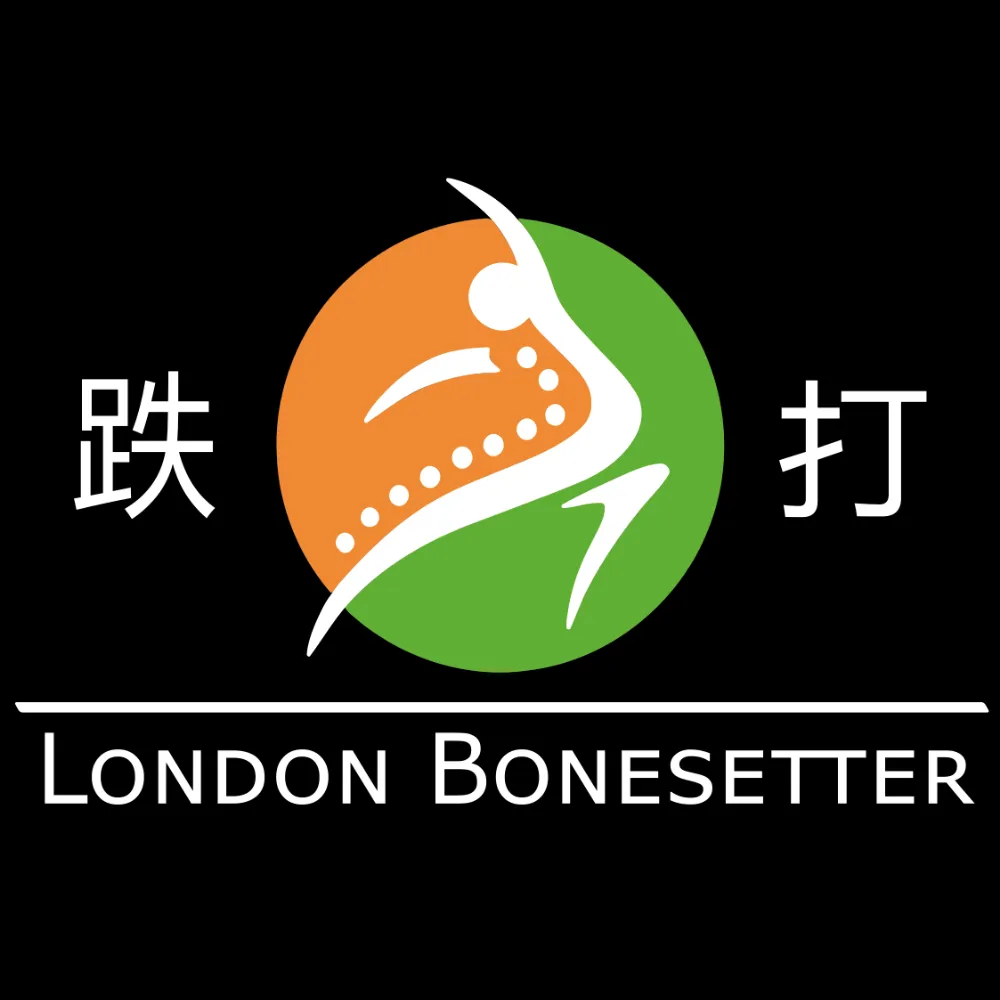
CALL: 07810 372 521 | EMAIL: londonbonesetter@gmail.com | FB: fb.com/londonbonesetter
WHAT IS TIT TAR BONESETTING
Much of traditional Chinese medical philosophy is derived from Taoist ideas of natural balance. In essence, its philosophy revolves around the understanding that the human body is a sophisticated universe of interconnecting systems which work in balance for the general health of the body.
Traditional Chinese medicine philosophy also states that the body is equipped with its own mechanisms to fight illness and cure itself. Hence, any kind of therapy applied is to assist the normal self-healing function of human body, not interfere with it.
Tit tar is but one area of traditional Chinese medicine and is concerned primarily with healing physical trauma. Thought to have been initiated in the Canton province of China by Master Wah Toh in 200 B.C., tit tar was closely associated with Chinese martial art of kung fu. It could be that tit tar was derived from the need to effectively, quickly and safely heal injuries sustained during the practice or execution of the high-contact martial art.
The practice of tit tar developed further on the ancient Chinese battlefield. Without the sophisticated long-range weapons of today, soldiers experienced greater physical injury and did not have the luxury of time. Resourceful military physicians armed with the knowledge of tit tar and the use of herbs were able to tend quickly and effectively to the injured, returning them within a matter of days to the battlefield. These tit tar physicians were thus indispensable to Chinese armies.
One of China’s most renowned tit tar masters is the legendary Wong Fei Hung, credited as a patriot, revolutionary, healer, philosopher, and martial artist extraordinaire who went on to be immortalised in more than 100 Hong Kong films. Wong Fei Hung was a master of the Hung Kuen style of martial arts and is most famously associated with his clinic, Po Chi Lam, where he practiced and taught tit tar, acupuncture and many other forms of traditional Chinese medicine. As a physician, he was known for his compassion which led him to treat just about anybody and often, if the patient was too poor to pay, for free.
Professionally trained by



